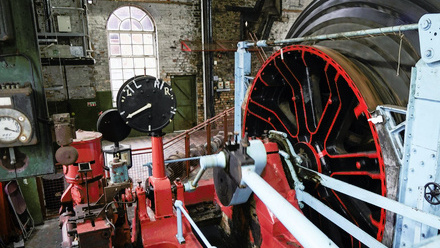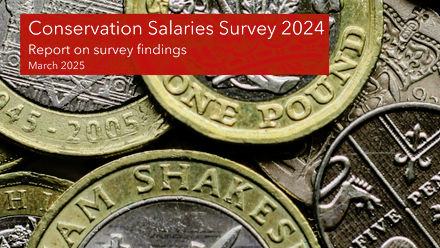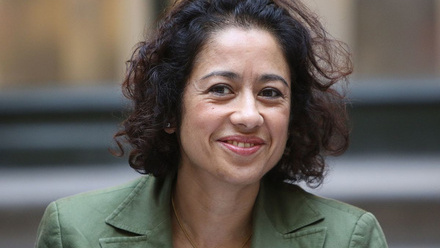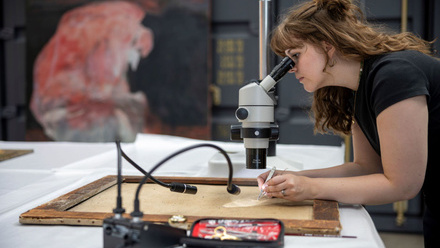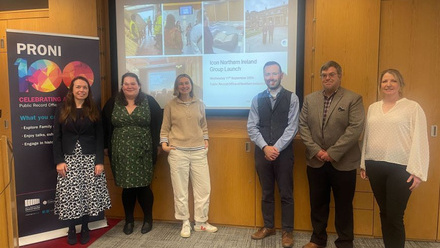Below, he introduces the topic of Conserving Empire.
In 1999, Stuart Hall published the influential paper ‘Whose Heritage?’, where he noted that for centuries in Britain,
its wealth was underpinned, its urban development driven, its agriculture and industry revolutionised, its fortunes as a nation settled, its maritime and commercial hegemony secured, its thirst quenched, its teeth sweetened, its cloth spun, its food spiced, its carriages rubber-wheeled, its bodies adorned, through the imperial connection.
He also noted ‘however, in general, ‘Empire’ is increasingly subject to a widespread selective amnesia and disavowal. And when it does appear, it is largely narrated from the viewpoint of the colonisers’.
He nevertheless recognised two important shifts, the democratisation process whereby the history of ordinary people (‘from below’) was increasing in profile, along with a critique of the idea of universal knowledge, a ‘growing de-centring of the West and western-oriented or Eurocentric grand-narratives.’
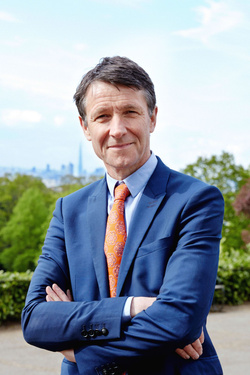
Annual Lecture Speaker Dr Nick Merriman
His challenge, nearly a quarter of a century ago, was to reimagine heritage in a more inclusive manner.
Whilst this has been done comprehensively within academia, until recently, it was barely visible in public heritage discourse.
Even a few years ago, they were still, as Hall suggested in 1999 ‘at best patchy, more honoured in the breach – in profession of good intentions – than actual practice’.
This delay in recognising these more complex, multifaceted, and disputed stories embracing Britain’s colonial past is a good example of the distinction David Lowenthal made between ‘heritage’ and ‘history’, which is that heritage is ‘history as wished for’.
My contention is that we need now, by recognising the legacy of Empire, to see heritage as ‘meaningful history’, in other words, as stories about the past that resonate with people’s identities and emotions.
Recent instances of this approach include the 2018 redisplay of the World Museum in Vienna, as a history of colonial encounter, and the renewal in the same year of the Africa Museum, in Tervuren, Belgium as an explicitly decolonial museum.
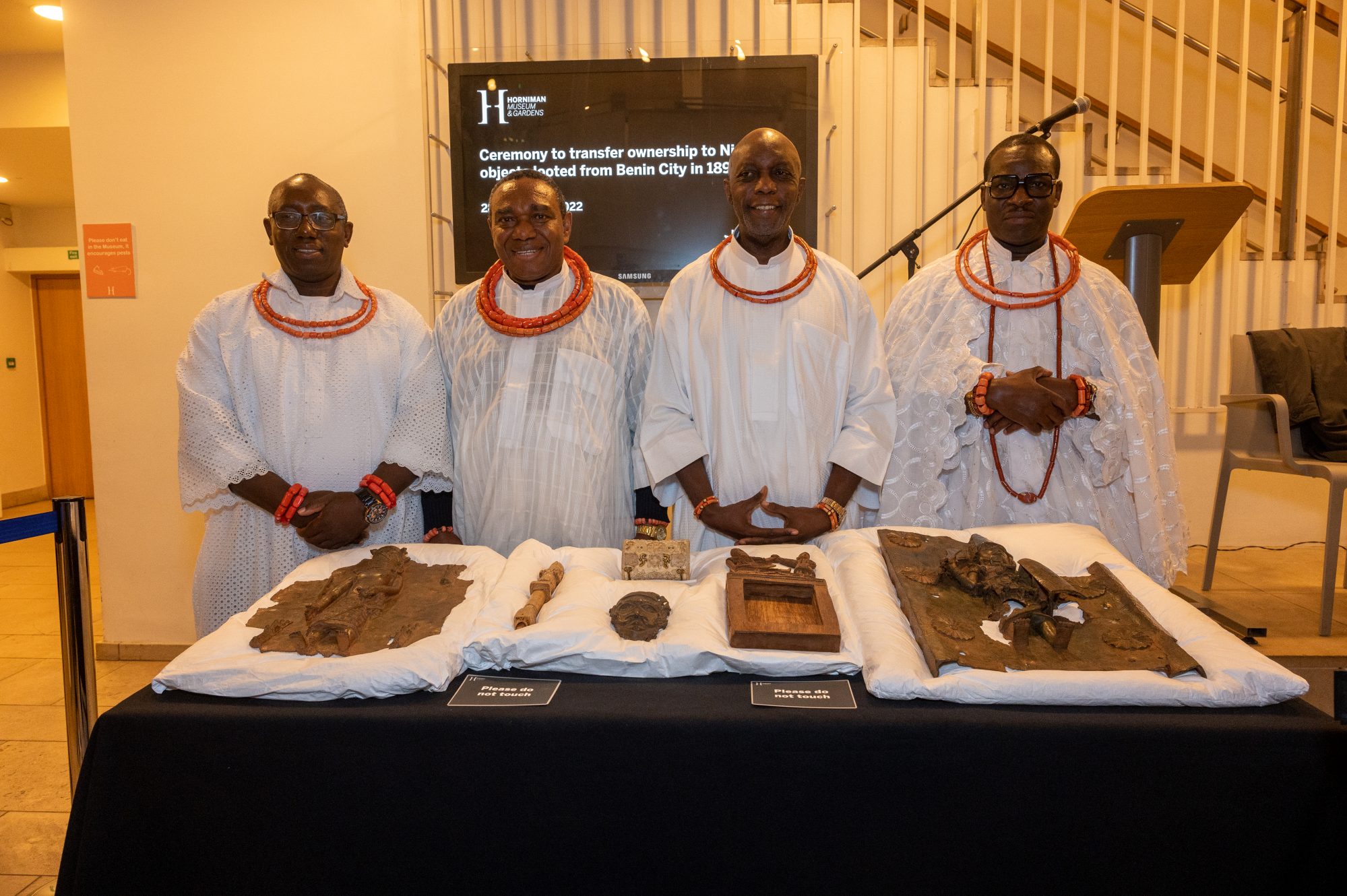
His Highness Prince Aghatise Erediauwa (second from right) and the delegation representing the Oba of Benin, with the first six Benin objects returning to Nigeria from the Horniman. Credit: Horniman Museum and Gardens. Benin objects: © National Commission for Museums and Monuments, Nigeria
In the UK, Birmingham Museum and Art Gallery’s exhibition ‘The Past is Now’ in 2017-18 is cited as a key moment. There have also recently been some interesting examples of decolonial approaches to natural history display, including in the Grant Museum and Scarborough Museum.
The Covid-19 pandemic and the murder of George Floyd brought these narratives, hitherto largely confined to academic circles, to stark public view, sometimes with strong reactions from members of the public and from elected politicians, after the toppling of public statues.
I will argue that this represents a tipping point for heritage conservation and interpretation, meaning that colonial and imperial narratives must form an essential part of our practice.
I will explore what this means in practical terms, including the guidance to ‘retain and explain’ contentious monuments, to approaches to restitution of collections.

